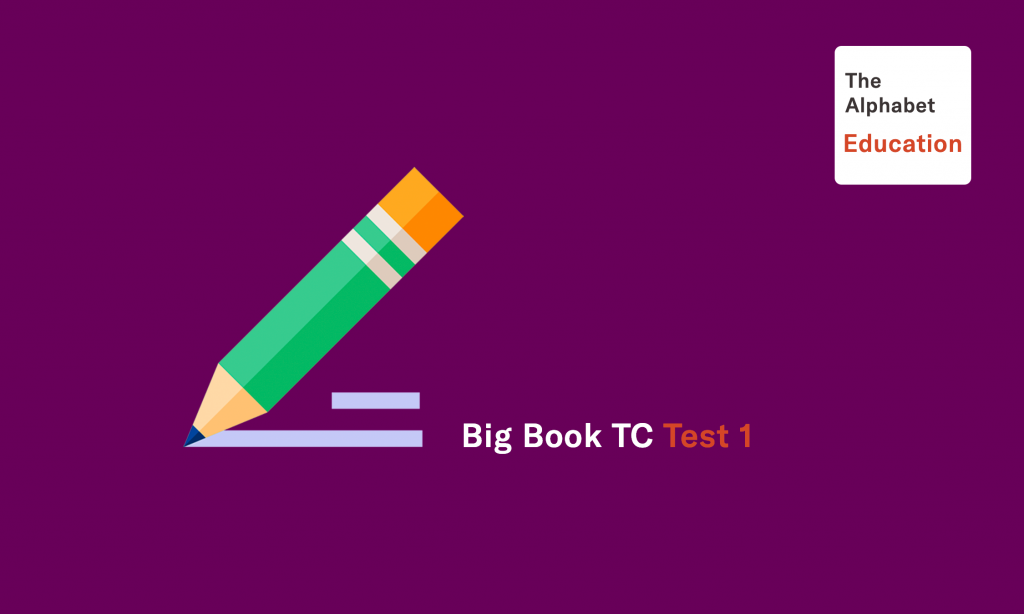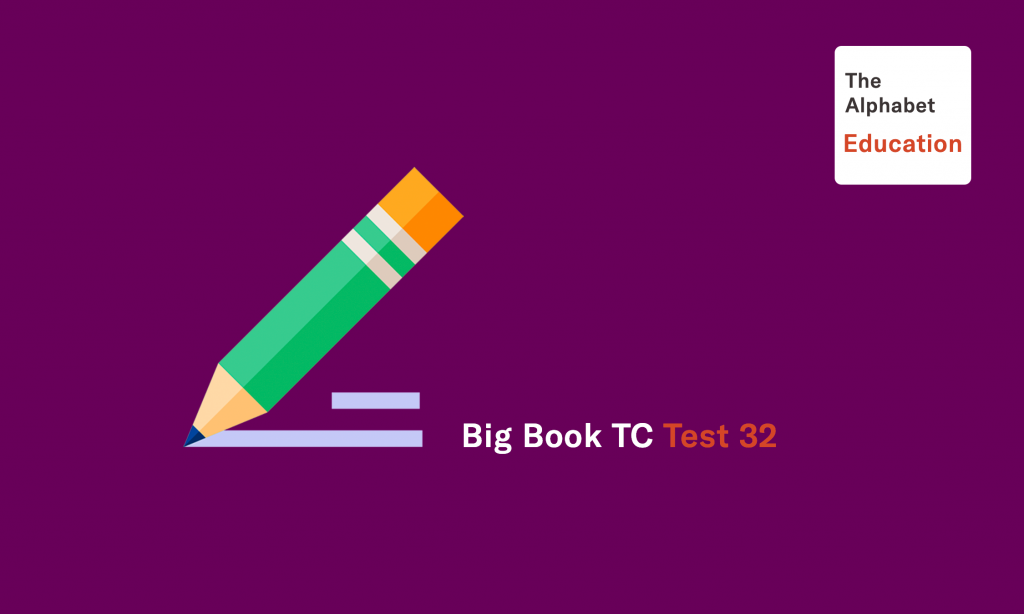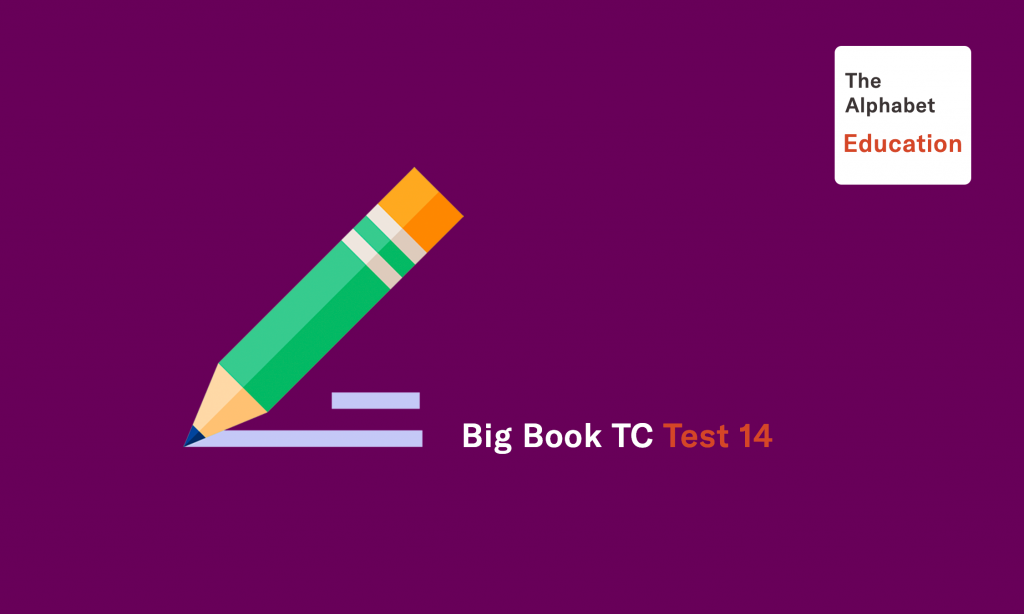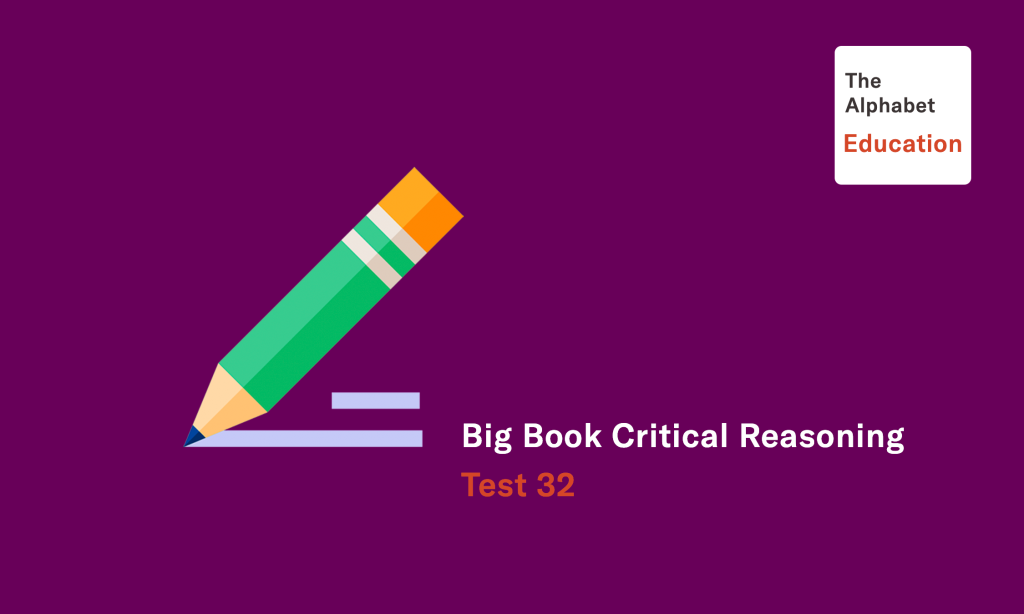
–Pathfinder to Empowering Undergraduates for Career Success | Image by The Alphabet
Key Points
The program Pathfinder equips Stanford students with practical business skills.
Diverse students benefit from tailored courses taught by experienced faculty.
High demand suggests potential for expansion.
A considerable number of Stanford undergraduates, upon completing their studies, venture into the world of business, putting into practice the valuable skills they’ve honed in the classroom, which include data analysis and computer programming. Nevertheless, many undergraduates grapple with the challenge of identifying suitable career paths or understanding how their academic pursuits align with the dynamic landscape of the corporate world.
In response to this challenge, the Pathfinder initiative, originating from Stanford Graduate School of Business(GSB), extends an exclusive opportunity to juniors, seniors, and master’s students. They are invited to enroll in courses thoughtfully designed and tailored to their specific needs.
The primary objective is to expose students from diverse academic backgrounds to essential concepts, encompassing organizations, markets, decision-making, and leadership. Moreover, the initiative aims to illustrate how the knowledge and skills acquired in their academic journey can be effectively applied to shape their future careers.
Jesper B. Sørensen, Senior Associate Dean for Academic Affairs and a Professor of Organizational Behavior, underscores Stanford’s profound commitment to delivering a comprehensive liberal education. He emphasizes the desire to enhance this commitment through the Pathfinder initiative, which envisions redefining how a business school engages with the future leaders emerging from undergraduate programs.
This groundbreaking initiative has witnessed an overwhelmingly positive response, with all three courses offered during the fall semester experiencing oversubscription within a mere 24 hours.
Benefits for Students
One of the enthusiastic participants, Peyton Klein, a junior majoring in human biology, is currently enrolled in the course titled “From Founder to CEO: The Strategic Management of Start-Ups and Established Firms.” This course, taught by the esteemed faculty member Garth Saloner, offers Klein a unique opportunity to step outside the conventional undergraduate experience. He gains firsthand insights from one of the GSB’s distinguished faculty members.
For Klein, the excitement stems from the prospect of digging into compelling case studies and interacting with industry leaders, thereby gaining a profound understanding of strategic leadership that is not only relevant to various business ventures but also to his own aspirations.
For Lynn Jurich, a Stanford GSB lecturer and the co-founder and co-executive chair of Sunrun Inc., witnessing the real-world applications of academic knowledge during her undergraduate years was pivotal to her career success. As an undergraduate, she took the initiative to enroll in several GSB courses, a move that armed her with the skills needed to secure a position in venture capital and private equity. Her experience stands as a testament to the enduring value of such educational opportunities, which extend far beyond traditional corporate roles.
The foundational principles taught in these courses have broad-reaching applications across diverse industries, functions, and areas of study. Even for those who do not plan to follow conventional corporate career paths, such knowledge can be indispensable.
Andy Ballard, the managing partner of Figtree Partners, underscores this point by saying, “Lawyers may one day need to manage their own practice, and a background in business can provide valuable insights even in non-corporate fields.”
Stanford, with its rich legacy of bridging academic theory with practical impact, stands as the ideal institution to fuse academic training with career development. The course “Finance, Corporations, and Society,” for instance, explores complex challenges facing democracies and the free-market capitalist system. This has sparked critical discussions about issues such as inequality and has led to a reevaluation of established institutions.
Students have displayed a strong interest in these courses, recognizing their potential to fill gaps in their undergraduate education. Jamie Hamilton, a senior majoring in public policy, emphasizes the importance of understanding how financial institutions and corporations influence the political landscape. She views the Pathfinder program as a valuable complement to her academic journey.
The future course offerings are equally enticing, with subjects like “The Future of Money and Payments,” “Triple Bottom Line: Managing Sustainable Value Creation,” “Games, Decisions, and Negotiations,” “The AI-Powered Org: Evolution, Rebirth, or Death?,” and “Measurement, Analysis, and Disclosure of Corporate Environmental and Social Impacts” in the pipeline.
It is important to note that the Pathfinder program, while an invaluable addition to an undergraduate’s academic journey, is not a major or a minor, and the courses are not pre-approved for major credits. However, students have the option to petition for their inclusion in their academic program.
Benefits for Faculty and Schools
The benefits of the Pathfinder initiative extend beyond students, as faculty members stand to gain valuable insights from teaching undergraduate courses. This presents an exciting opportunity for professors to probe new subjects using their expertise in leadership, management, and entrepreneurship, while also tapping into the perspectives offered by undergraduate students.
Lynn Jurich highlights the enthusiasm and inquisitiveness of the undergraduates, emphasizing the value of staying attuned to the rapidly evolving thoughts of the younger generation. At Stanford, the objective is to remain at the forefront of what defines an outstanding business school, keeping pace with the dynamic changes in the business landscape.
In addition to these course offerings, Pathfinder will encompass co-curricular activities, including appearances by guest speakers. Ryann Price, the Managing Director of Marketing for Stanford GSB Executive Education, underlines the focus on aligning faculty interests, student needs, and the strengths of the GSB to provide opportunities across the broader spectrum of Stanford University.
Should the Pathfinder pilot program prove successful, there’s potential for a more expansive initiative to be launched in the fall of 2025. Andy Ballard expresses the notion that the business school is a remarkable resource where knowledge is continually generated, and individuals are equipped with invaluable ways of thinking. This initiative presents a fantastic opportunity to harness the institution’s assets and make them accessible to a broader audience, without fundamentally altering the core of the liberal arts or science education.



